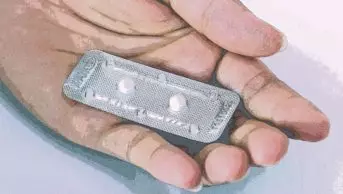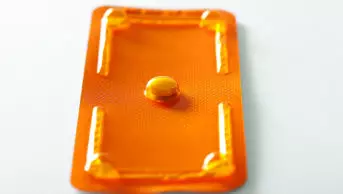
Shutterstock.com
Use of emergency contraception provided by sexual and reproductive health (SRH) services and prescribed in the community has fallen by almost half in the last ten years.
Figures from NHS Digital
Statistics on Sexual and Reproductive Health Services, England 2016-17
found the number of emergency contraception items provided to female patients had fallen by 42 per cent over the last ten years (from 457,000 in 2006–2007 to 264,000 in 2016–2017).
The figures include emergency contraception prescribed by GPs, nurses and pharmacists, as well as that being provided directly by SRH services.
Of the emergency contraception issued by SRH services, 93% was for the hormonal pill.
Emergency hormonal contraception (EHC) was reclassified in 2001 to allow people to be able to buy it over the counter at a pharmacy, and nurses and pharmacists can supply EHC to patients under a patient group direction.
Charity the British Pregnancy Advisory Service launched a campaign to reduce the price of EHC and many supermarkets and high street pharmacy chains, including Boots, have responded by cutting the price of generic forms of the drug.
Trends in the NHS Digital report show that use of dedicated SRH services themselves are also gradually decreasing, with 24% fewer contacts in 2016–2017 than in 2006–2007. And the decreased use may be accelerating. Since last year (2015–2016), the number of overall contacts with services has fallen by 7%.
In the last year, 20 to 24-year-olds were the largest group in terms of decreasing numbers of use, with 32,608 fewer contacts than the previous year. The largest percentage fall across age groups was among under-16s, with 22% fewer contacts.
The report also highlighted an increasing number of women choosing to use long-acting reversible contraceptives (LARC). While almost half — 44% — of women contacting SRH services for accessing contraception mainly used oral contraceptives, the proportion using LARC has increased over the last ten years, and now stands at 39%.
Uptake of user-dependent methods overall has been decreasing, with the use of the male condom falling since 2010—2012, although the report notes this may reflect an increase in condoms being obtained by different means.


